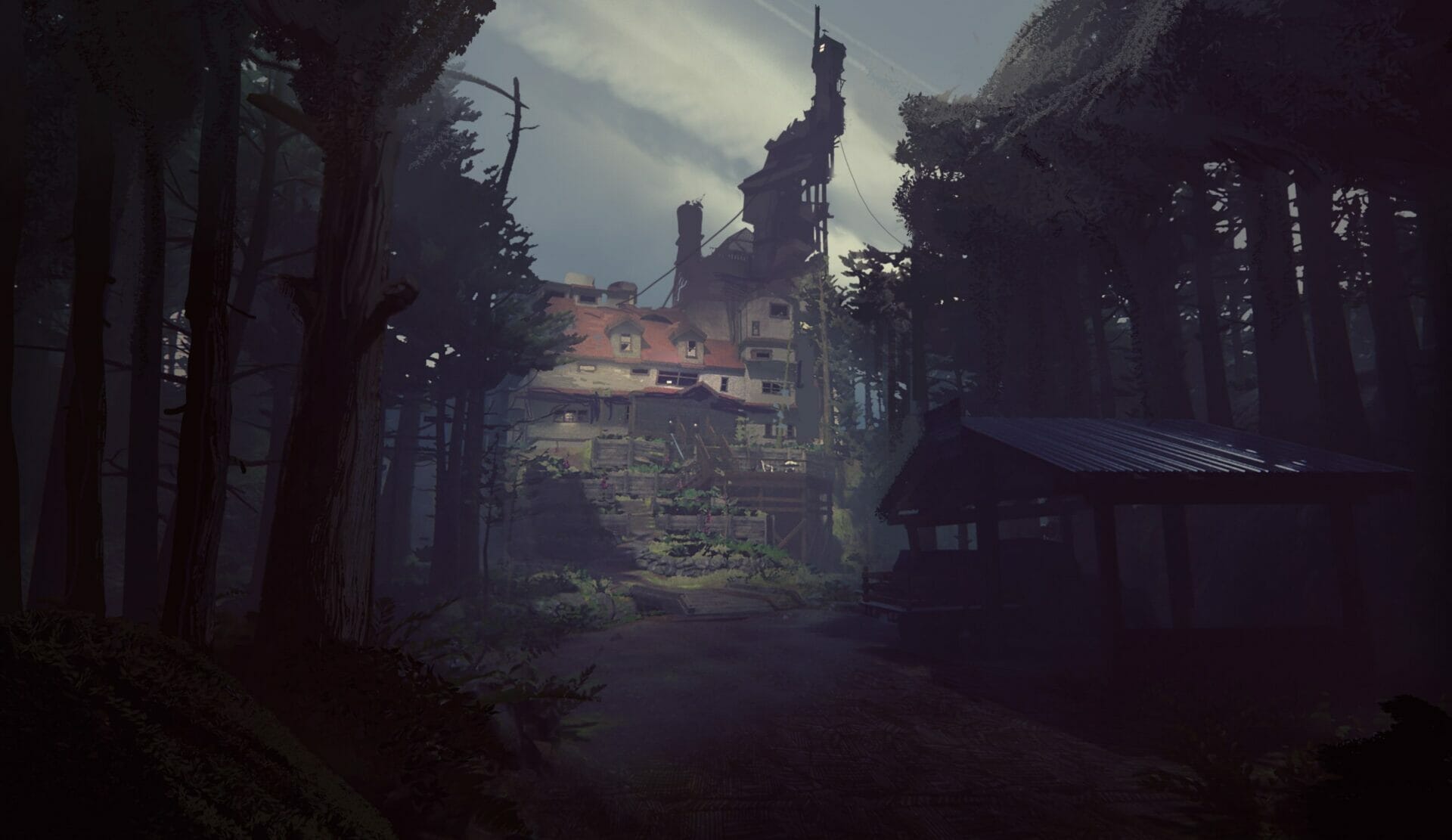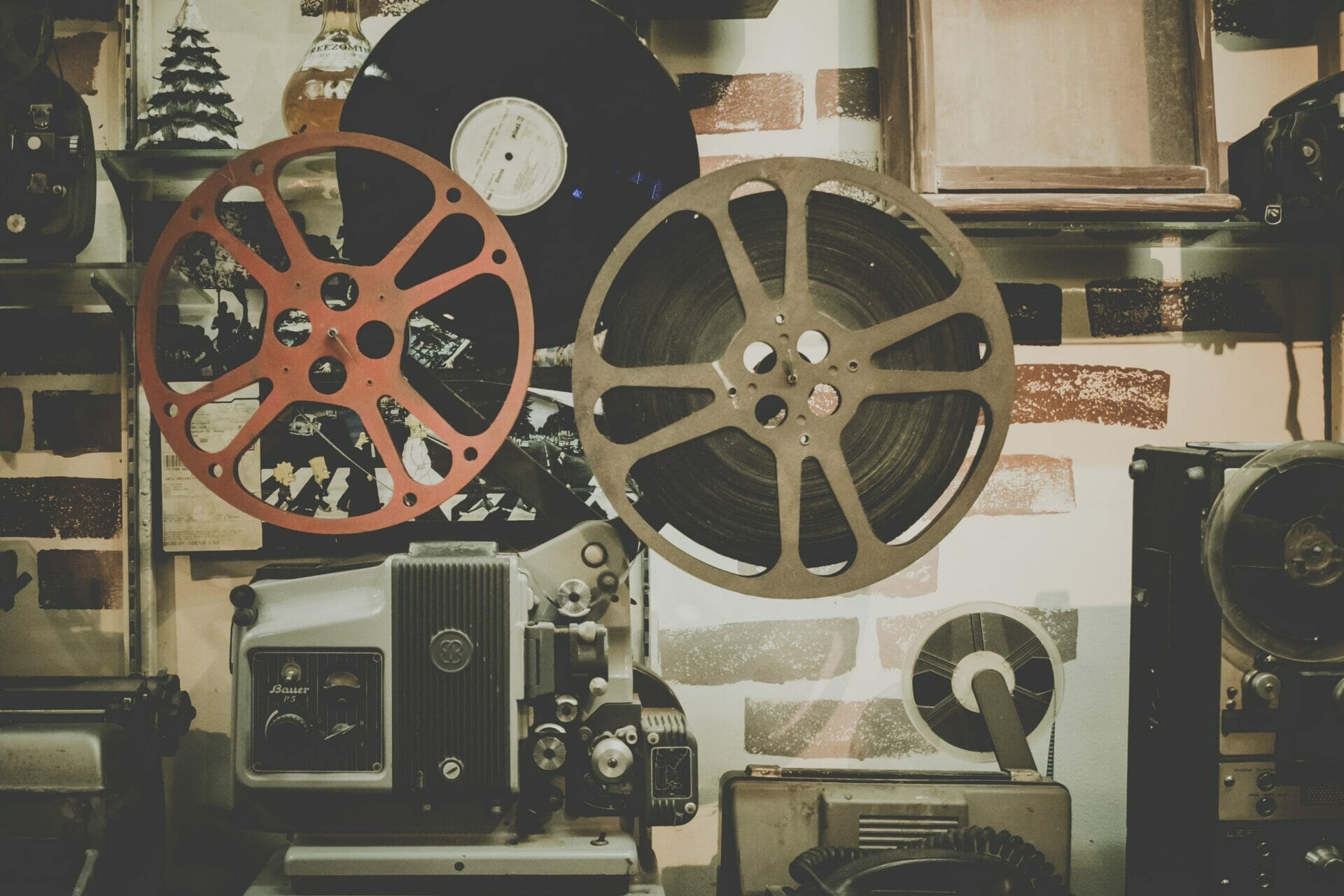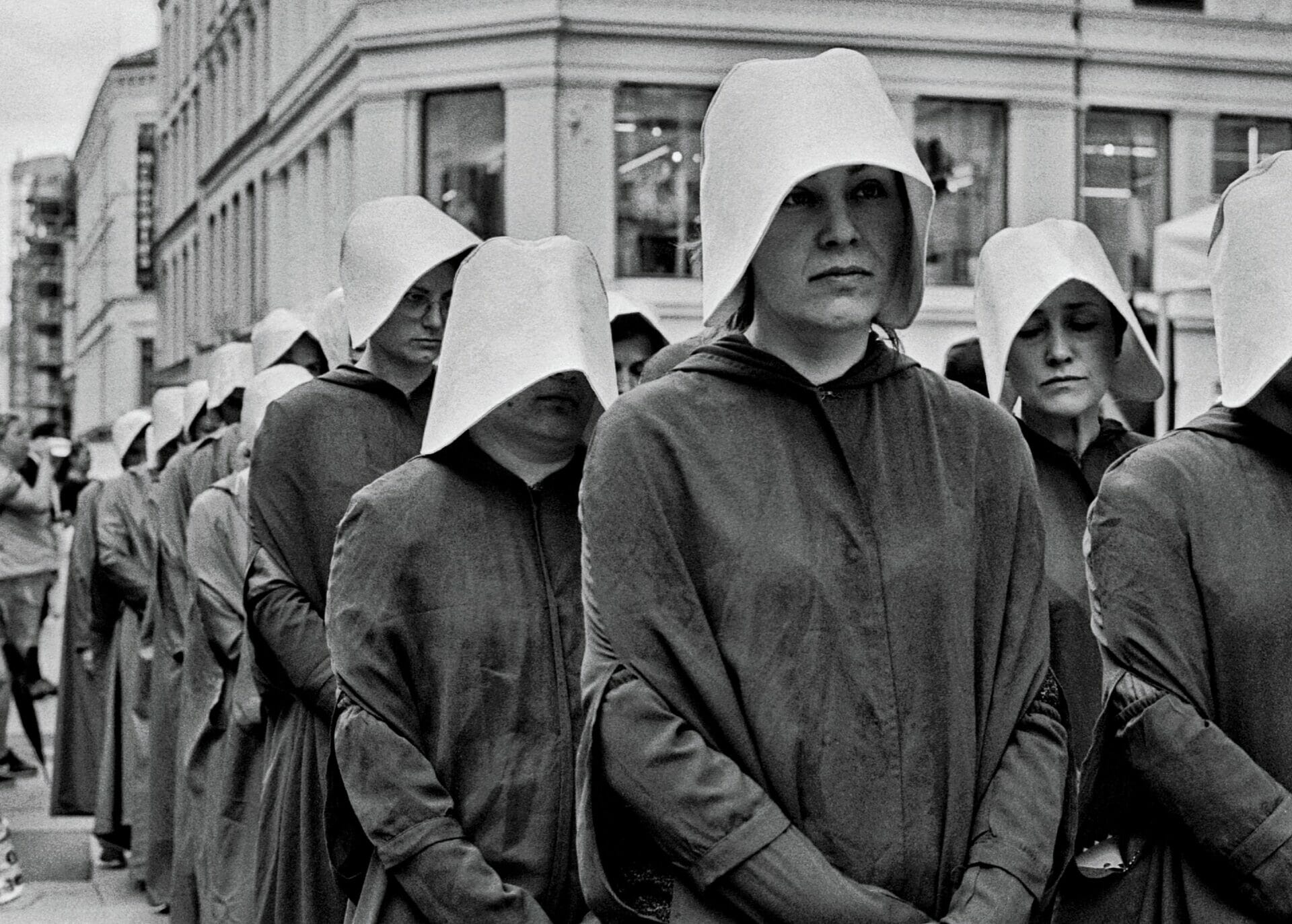
Black Mirror | A not-so-far dystopian future
Seasons
Runtime
By
The screen of a computer, a tablet, or a mobile phone. Or even that of a television. They’re all technological tools and all bright and colorful when they’re on, but cold and black mirrors when they’re off. We can reflect things in them, we can mirror ourselves, and even observe our possibly apathetic expressions. This, in a nutshell, is what the British anthology television series Black Mirror wants to express.
Created in 2011 by Charlie Brooker for Endemol Shine Group, it is still in production and has seven seasons to its credit. It’s an anthology show: every single episode stands on its own, telling a different story (just like another 2017 show that is about technology and sci-fi as well, Philip K. Dick’s Electric Dream). But the single red (or black, in this case) thread links all of them to the same theme (and, perhaps, the warning) of Black Mirror.
The downfall of human authenticity
Philosopher Herbert Marcuse, in the 1960s, stated:
The advanced technological society tends to become totalitarian insofar as it determines not only socially required occupations, skills and attitudes, but also individual needs and aspirations.
Or also:
Technology is being used to institute new, more effective and more pleasurable forms of social control and social cohesion.
Black Mirror takes its cue from these concepts. Each episode, in fact, deals with a specific aspect of technology and how this, in a hypothetical future, has been created to make human life easier. In the show, however, that same tool unexpectedly becomes a means of destruction, and humanity is destined to succumb.
This is Black Mirror, and there’s no escaping the show’s judgment: unless we pay attention, the technology we love so much could ruin us. However, this is not just another run on the old theme of “artificial intelligence will become aware and destroy the world”. Even if it is a concept that addresses some of the same issues. In Westworld, for example, where some animatronics gain self-awareness, even there it is shown that the technology has gone too far, just to accommodate the most bestial human instincts.
In Black Mirror it’s more of a consideration that every tool we have, from fire to smartphone, if misused can be a tool of evil rather than good. For example, there could be an artificial intelligence that can replicate talking to the dead (like in the Be Right Back episode), or a society in which, even just to book a taxi, you need to be popular online (like in the Nosedive episode). Or even a device capable of blocking people in real life, forcing them to see a shadow where before there was a real person (like in the White Christmas episode).
The effects all this would have on the human psyche would be devastating, no doubt. And Black Mirror is really a devastating show, which wants to express the concept that in a world in which technology is the master, human authenticity will gradually be lacking. Slowly we could become soldiers accustomed to a system that no longer has anything human about it.
The Spectacle concept
Black Mirror bases its narrative on the spectacle, related to where we get our entertainment from. In the vast majority of cases, it’s through the screens of our devices.
Guy Debord, a philosopher of the 1960s, in his Society of the Spectacle said that understanding the spectacle was necessary to understand the whole society: starting from the industrial revolution, images, and appearances, in general, began to govern the world, starting from the development mass of the fashion houses up to the ever more pressing advertisements.
In the 1960s, Debord’s years, there was the development of television, and it was inevitable that people would be more and more influenced by it. We were already beginning to relate to others based on what we saw on television. Now, in the 2020s, we have more and more relationships through a device: we, therefore, do not appear for who we really are, just as we interact with people who in turn put on a staged act. Spectacles, in short, performances. With the internet, we should be connecting more and more, yet in reality… if the relationships are not genuine, we are even more disconnected than before. We set up a farce and in the end, we no longer know who we really are.
Black Mirror is therefore a show in which the truth and authenticity of people are being lost in favor of technological progress. And maybe that’s why in the Black Mirror intro the fictitious display through which we are looking eventually breaks. Because we have to break the pattern, the spectacle, and truly start to live.
In 2015 the rights to Black Mirror were purchased by Netflix, which therefore dealt with its production from that point onwards. As a result, the new seasons were less bleak and distressing, there were more happy endings (impossible to find before), and the technology itself, in certain episodes, is not so “evil”. A change of register that many did not like, and thought that perhaps even the very authenticity of Black Mirror was failing. This is ironic if one thinks that this happens right after the emergence of a new technology: streaming services and the simplified fruition of television products.
Maybe Black Mirror is already here
When viewers watch an episode of Black Mirror, they are often left with a heavy sense of anguish. And not because they just watched someone die or any other plot element. When the episode ends, in a part of the mind there is the awareness that they are not watching something totally fictitious, and this, given the often-disturbing nature of technology, creates fear: what if the world described so frighteningly by Black Mirror became the real world?
Actually, similar realities are closer than one would expect. In some ways, Black Mirror is already here.
The show began in 2011 and has hypothesized scenarios presented as futuristic. But then we get bombarded with certain kinds of news. A robot dog (also similar to one of the Boston Dynamics robots) is used in Singapore to patrol a park. A mother reconnects with her sadly deceased daughter via virtual reality. Similar news is becoming more and more frequent.
All these ideas have one thing in common. They are all situations that have already appeared in Black Mirror before they even existed in real life (the robot dog, for example, is the main “villain” in the Metalhead episode).
Therefore, considering the endings of various episodes, one wonders if we too should expect similar catastrophic scenarios. Maybe the technology is then going too far, as its actually dangerous and we should stop.
Or perhaps people should consider Black Mirror as a device like all others: a tool to create awareness but which is in turn the result of technology. Taken with a grain of salt, evaluated, and not idealized. Perhaps the middle ground is the solution, as well as when we find ourselves living in a world with robot butlers and flying cars.
The expansion of the Black Mirror universe
Netflix has authorized the creation of some spin-offs. One in Poland (Czarne Lusterko – “Little Black Mirror”) and one in Latin America (Stories from our future). But they are not the only products detaching from the main matrix.
In 2018, for example, Bardersnatch arrived, an interactive film: the viewer, in certain moments of the screening, had to make the protagonist make choices through the various options available. A real little video game, like Detroit Become Human, Life Is Strange, or The Vanishing of Ethan Carter. It is therefore now a hybrid product. Netflix had already created products with such a dynamic for children. And Erica is, for example, very similar, albeit falling more into the category of a video game than film (FMC games). One may wonder if we are then moving towards a new form of cinematography.
Without thinking about distorting the true future, Black Mirror still continues its work of upsetting the viewer through its episodes.
Tag
Buy a ☕ for Hypercritic









